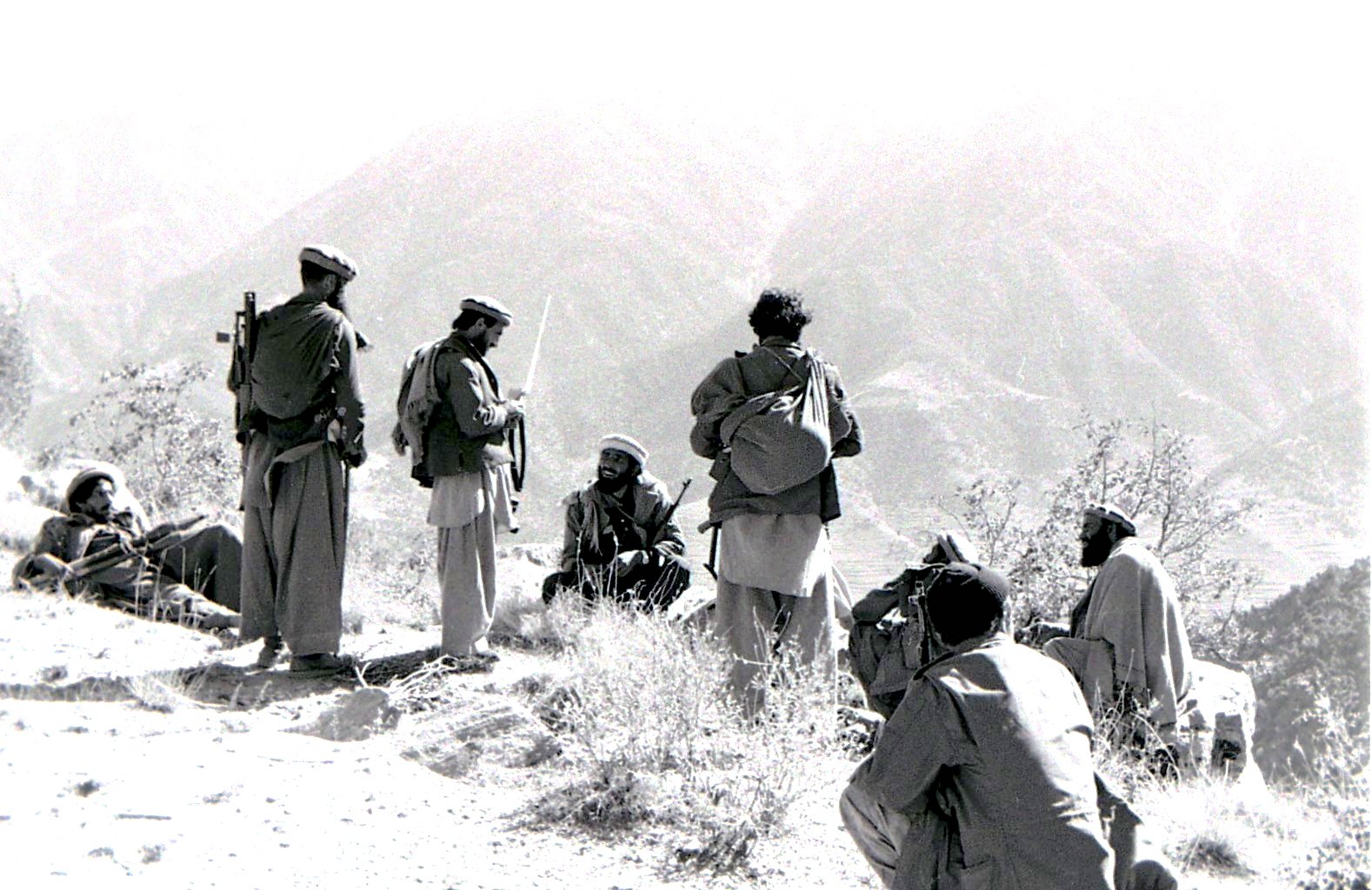Yes - I think that you may find this interesting Gry - from my favourite YouTube channel - History Debunked -
The Holodomor; why the Ukrainians have a grudge against Russia dating back ninety years - YouTube
* the comments on that vid are VERY interesting too - talking about how our children are always taught in school and elsewhere about the Holocaust - but not the 3 Holodomors in school - (which murdered far more millions of innocent people - mainly Christians) - makes me think - that's kinda odd - eh?
Looking at the books the man has done, I look forward to being able to spend more time on his work.



